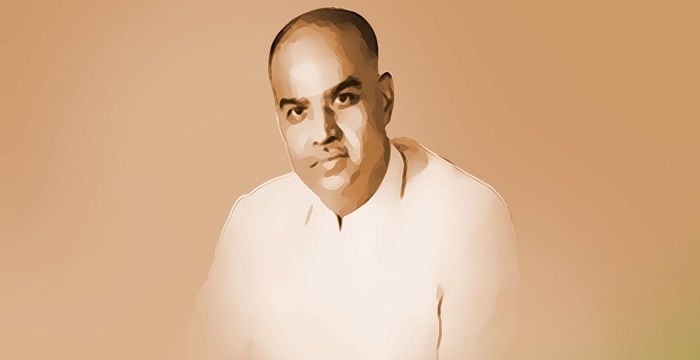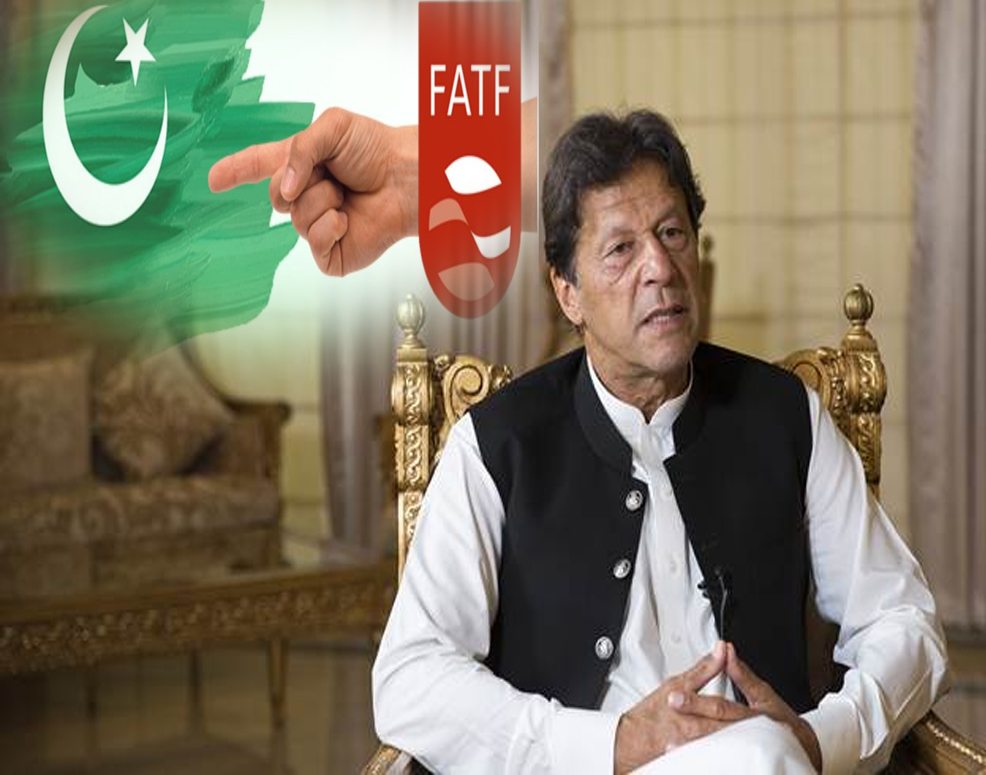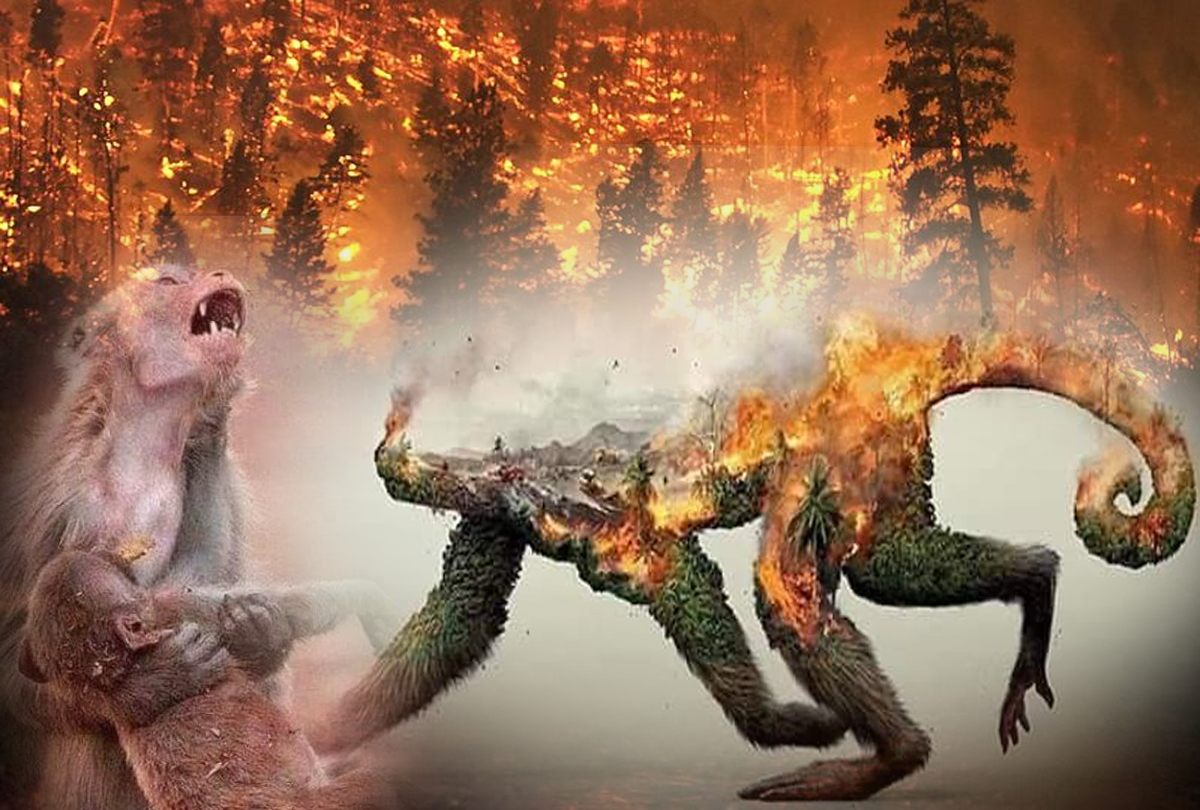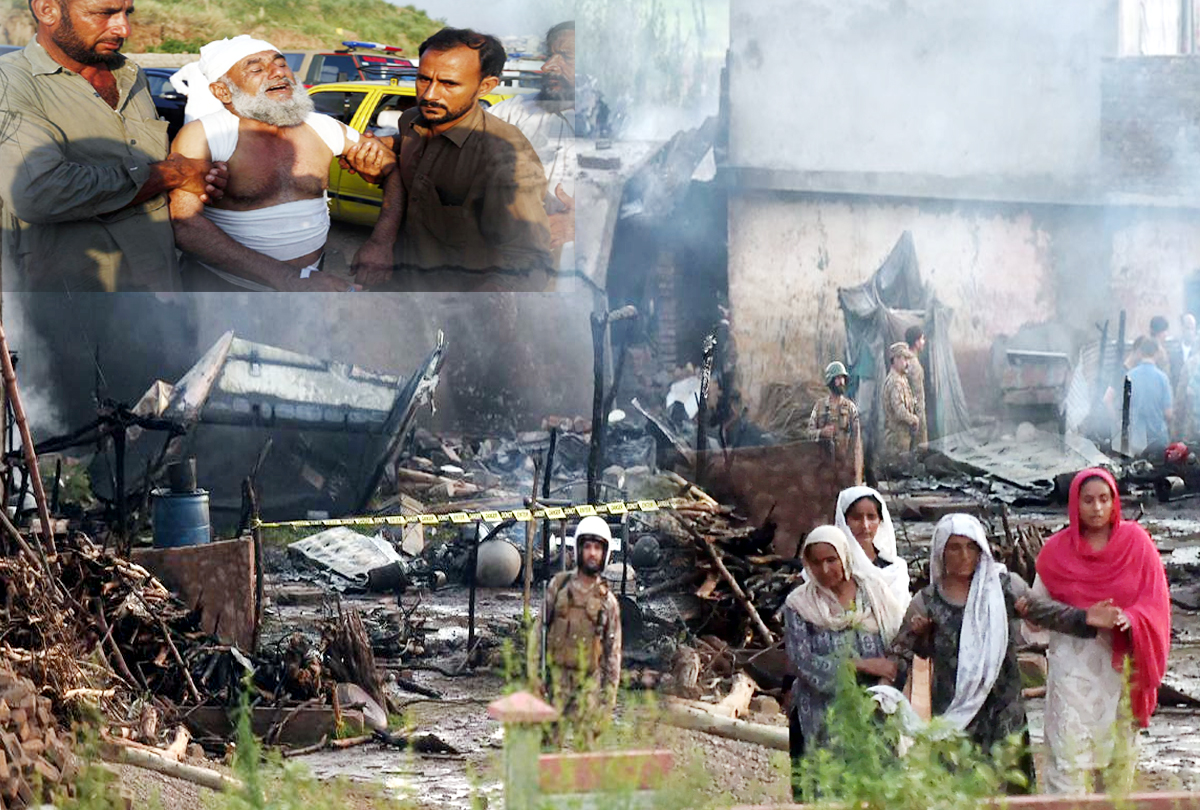Modi government realizes BJP founder Shyama Prasad Mukherjee's dream

[Edited By: Gaurav]
Monday, 5th August , 2019 01:43 pmWith the announcement by Union Home Minister Amit Shah to revoke Article 370 granting a special status to Jammu and Kashmir, the Bharatiya Janata party (BJP) has finally realized the dream of its founder, Shyama Prasad Mukherjee.
Shyama Prasad Mukherjee founded Bharatiya Jana Sangh, who later became BJP. The political right opposes Article 370 since the days of January Sangh.

Shyama Prasad Mukherjee, known to be a stern critic of the Independent Indian Congress party, opposed Article 370 and expressed dissatisfaction with J & K's special status.
Shyama Prasad Mukherjee asked why Jammu and Kashmir was kept out of the president's jurisdiction and why Congress agreed on the need for a special permit to enter J & K.
He also asked why J & K had a "sadar-e-riyasat" instead of governors and a prime minister instead of chief ministers, like other states.
After the merger of J & K into the Indian Union, a slogan was created: "Ek desh mein do Vidhan, Pradhan aur do Nishan nahi chalenge [There can be two Constitutions, two Prime Minister and two flags in a nation ] ".
Article 370 was inserted into the constitution because Kashmir, unlike other princely states, was not yet ripe for integration, said Nehru's confidant Gopalaswami Ayyangar.
India was at war with Pakistan over Jammu and Kashmir and, despite the ceasefire, conditions were still "unusual and abnormal." Part of the territory of the former state was still in the hands of "rebels and enemies.
One could not enter Jammu and Kashmir without an official permit. In order to protest and sensitize the country to the full integration of J & K, Shyama Prasad Mukherjee and Atal Bihari Vajpayee traveled the country and entered J & K on May 11, 1953 without authorization.
Mukherjee was arrested on the spot by the J & K police and later died in jail on June 23, 1953. Mukherjee's move ended the permit system allowing entry into J & K.
Latest News
-
2-Doxy-D is a game-changer drug - discovered by sc
-
UP Covid News: Recovery rate rises 86 percent in U
-
Big B orders 50 oxygen concentrators from Poland,
-
Today is Akshay tritiya-PM Modi and Akhilesh yadav
-
Kanpur health department doing preparations to fig
-
UP Govt. must be held accountable for "failing" it
-
16 doctors in Unnao UP resign yesterday but retrac
-
Vaccine is safety cycle against corona pandemic-CM
-
Life of every person is priceless,rescue is the be
-
Kanpur Municipal Corporation will make dust free K
-
Corona vaccination: UP government withdraws the de
-
UP Government should follow the orders of Highcour
-
Uttar Pradesh-IG roaming in the city without the u
-
PM, take off those pink goggles, by which nothing
-
Rahul Gandhi's counterattack on BJP Government’s s
-
Happy international nurse day-PM Modi, Rahul Gandh
-
Online food delivery and liquor shops can open the
-
Egoistic BJP should work in public interest instea
-
High court directed UP Government to make a Covid
-
Isolation rooms to be built in industrial units, a
-
WHO has appreciated the effort of the Yogi Adityan
-
Brother is forced to carry his corona afflicted br
-
Lucknow- Free auto service for covid patients
-
Lucknow-Defense Minister and CM Yogi inaugurated
-
Wine shops opened in kanpur
-
Kanpur: oxygen demand 50 percent decrease as infec
-
Kanpur Crime Branch Police arrested 2 accused of i
-
Kanpur police's initiative to prevent corona infec
-
CM Yogi inspected the community health center in c
-
Corona's third wave: IIT professor claims not to c
World News
-
American president Appoints Two More Indian To Key
-
Arora Akanksha an Indian running for United Nation
-
Brazil thankes india with hanuman after receiving
-
Toronto protest against Indian citizenship law as
-
One-Of-A-Kind Wedding: After Groom's Father Gets A
-
Kim's Horse Ride On Sacred Mountain Hints At "Grea
-
Chinese President’s India visit on track, confirms
-
'Howdy Modi' event 'win-win' situation for Modi an
-
Malala urges U.N. to help Kashmiri children go bac
-
Rocket blast at U.S. Embassy in Kabul on 9/11 anni
-
PM Modi launches $4.2 mn redevelopment project of
-
Pakistan Blacklisted by FATF's: After Failing to A
-
Amazon Rainforest burning: Brazil President tells
-
10 shoking pics of Amazon Rainforest Burning
-
200 pakistan twitter accounts suspended on kashmir
-
Trump dials Imran Khan, asks to ‘moderate rhetoric
-
No policy change on Kashmir, says U.S.
-
Hamza, the son of Osama bin Laden, is dead
-
Ethiopians planted more than 200 million trees in
-
Pakistani military aircraft crash: All 5 crew memb























